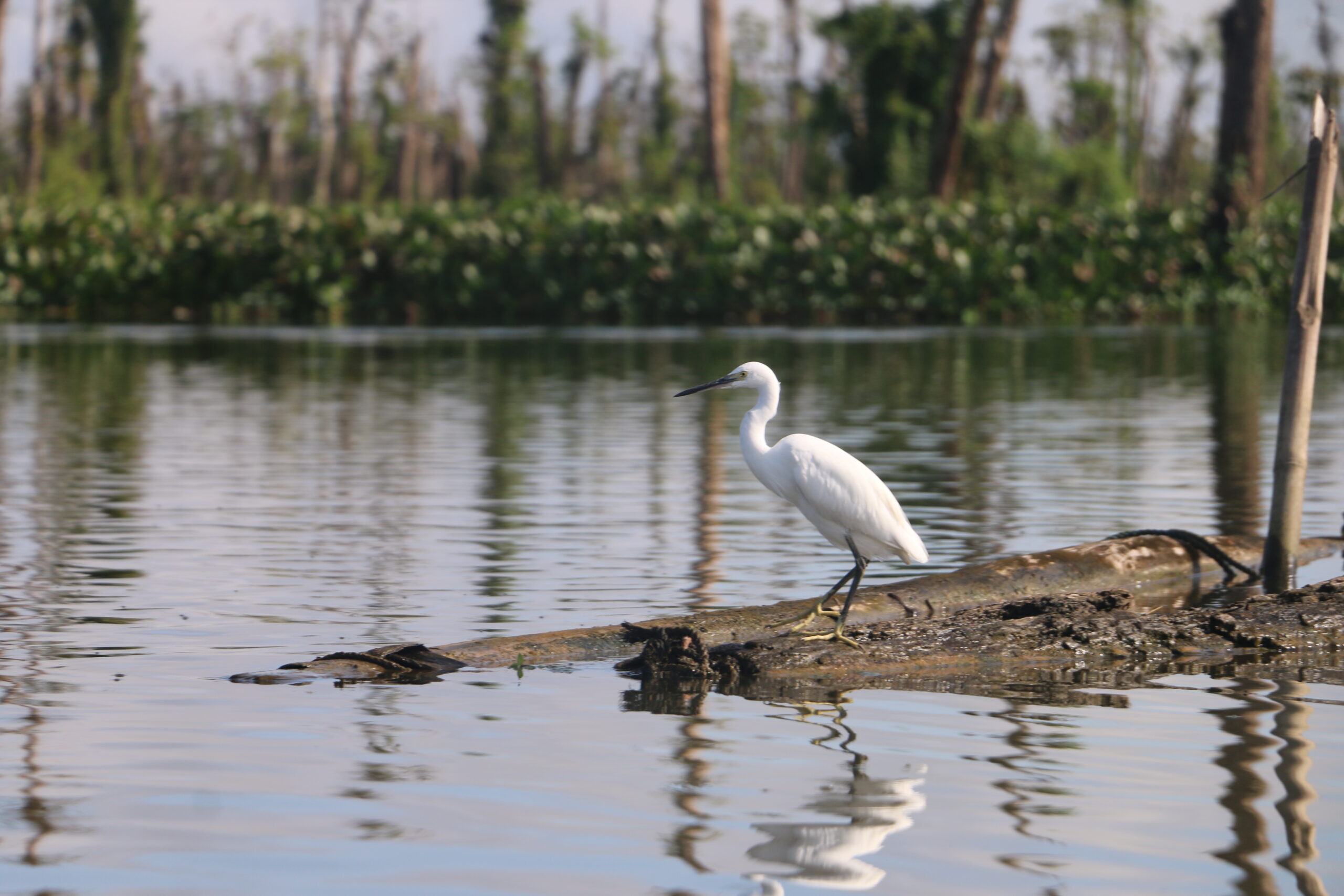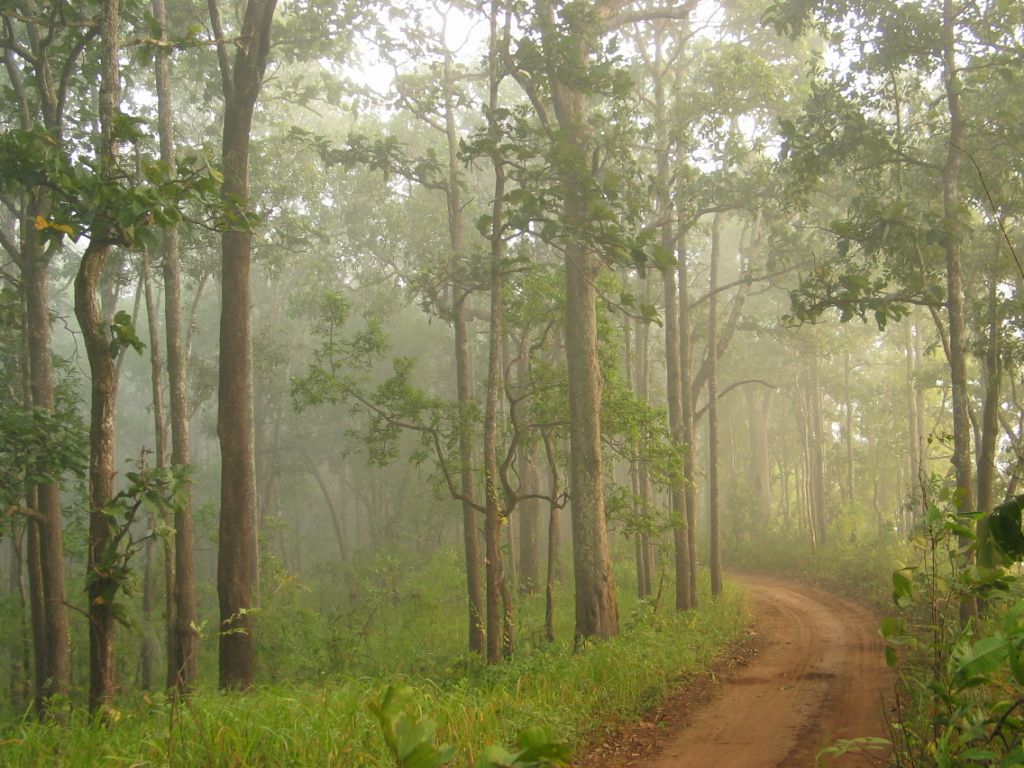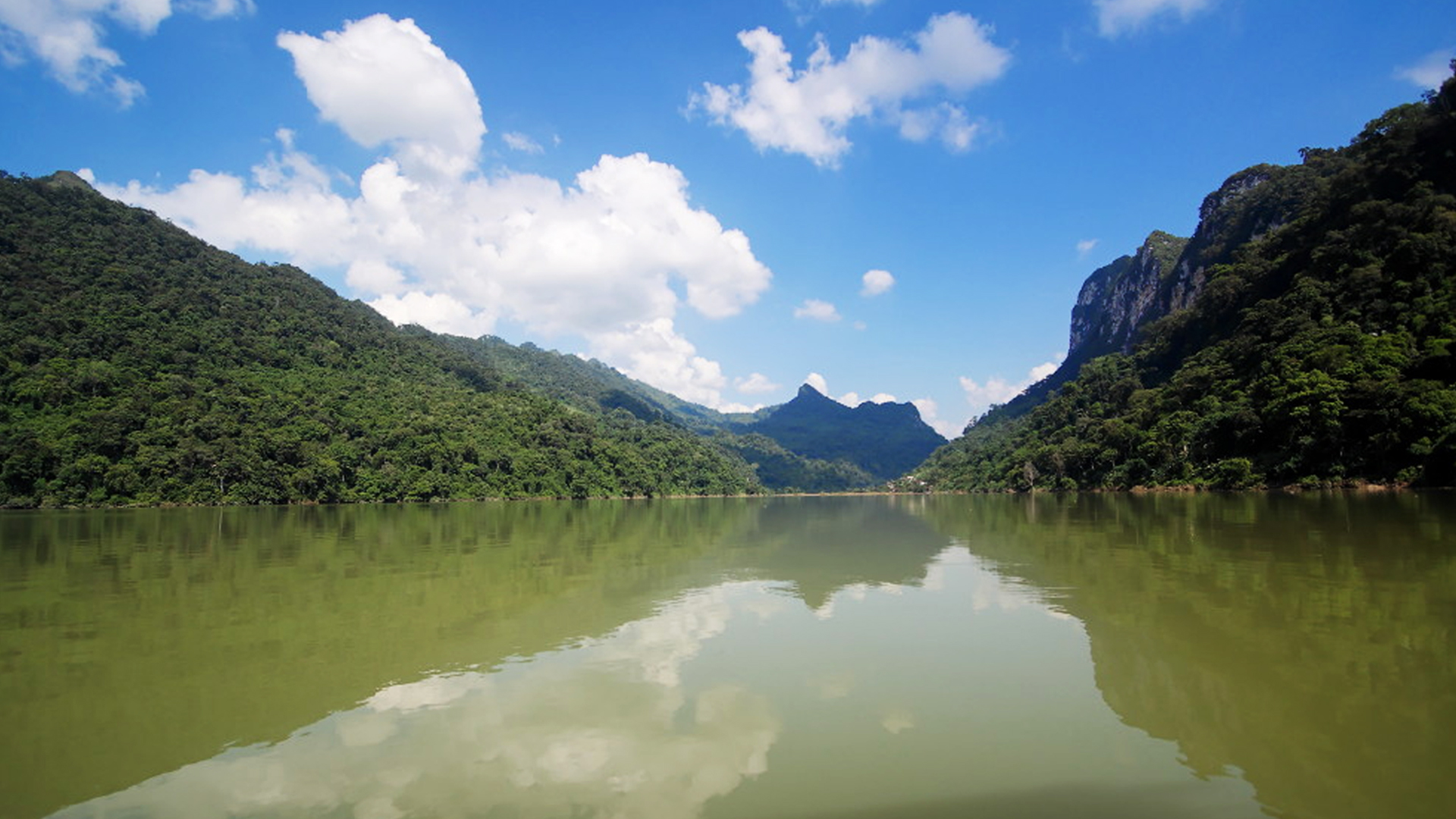The ASEAN Heritage Parks Programme
The Best Protected Areas in the ASEAN Region
First envisioned in 1978 as a group of national parks and nature reserves with outstanding wilderness and biodiversity values, the ASEAN Heritage Parks (AHP) Programme was established to highlight the importance of a select group of protected areas in regional and global efforts in biodiversity conservation. AHPs were then created through the ASEAN Declaration on Heritage Parks and Reserves on 29 November 1984, which named the first 11 protected areas listed under the AHP Programme. A new Declaration on ASEAN Heritage Parks was issued in December 2003, which recognised additional AHPs. The network has since grown to a total of 57 ASEAN Heritage Parks in the 10 ASEAN Member States (AMS).
What are ASEAN Heritage Parks?
ASEAN Heritage Parks are defined as “protected areas of high conservation importance, preserving in total a complete spectrum of representative ecosystems of the ASEAN region.” These areas are established to generate greater awareness, pride, appreciation, enjoyment and conservation of ASEAN’s rich natural heritage, through a regional network of representative protected areas, and to generate greater collaboration among AMS in preserving their shared natural heritage.
Management of ASEAN Heritage Parks
The ASEAN Centre for Biodiversity (ACB) currently serves as the Secretariat of the AHP Programme and the AHP Committee, with representatives from the 10 AMS serving as members. In the management of AHPs, the ASEAN Working Group on Nature Conservation and Biodiversity (AWGNCB) provides guidance and promotes regional coordination in the implementation of conventions and activities related to biodiversity conservation.
As Secretariat of the AHP Programme, ACB evaluates applications for new AHPs; conducts capacity development activities for AHP managers and staff; organises AHP conferences; holds promotional activities for the AHP Programme; and facilitates coordination among AHP managers to strengthen the parks as a regional network of protected areas. ACB also conducts programmatic training courses for enhancing management and conservation skills of protected area workers.
ASEAN Heritage Parks

































